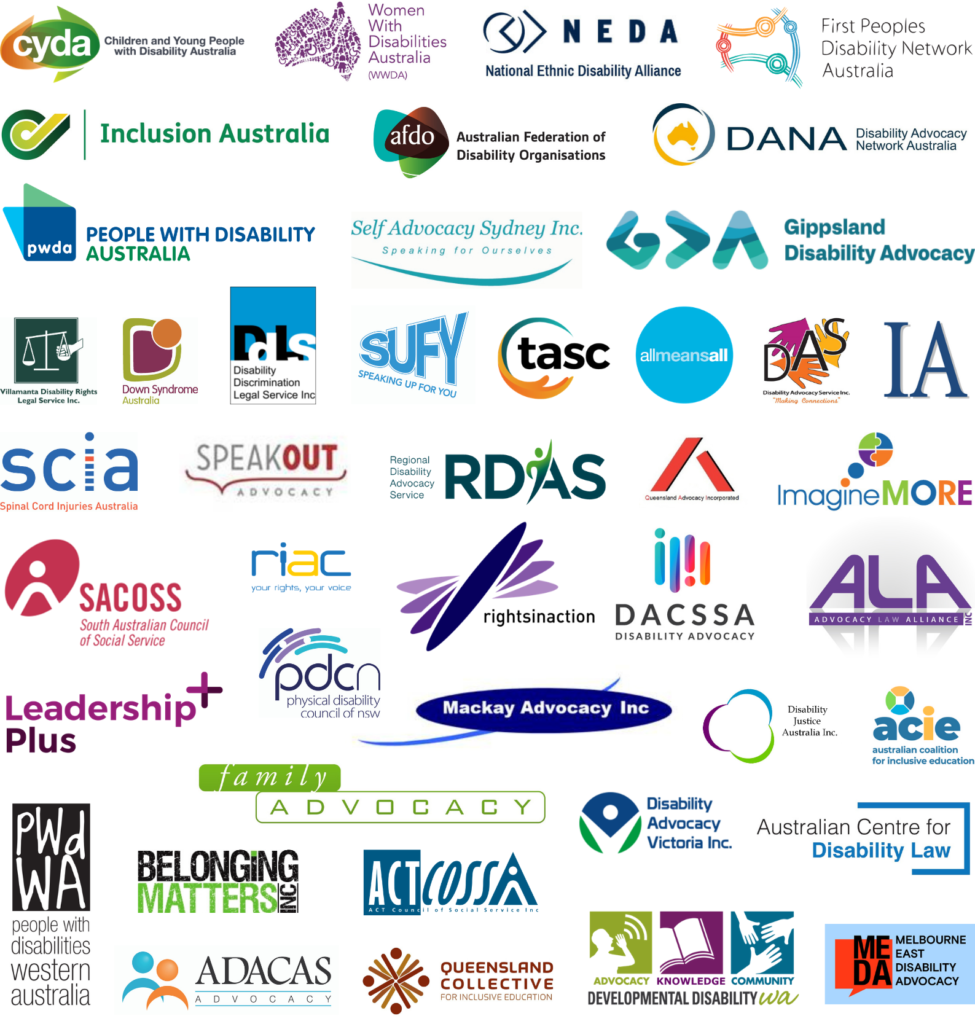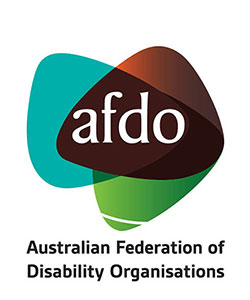People with disability and our rights and advocacy organisations are fighting to end the segregation of people with disability in Australian education, housing and workplaces.
We urge the Royal Commission into Violence, Abuse, Neglect and Exploitation of People with Disability (Disability Royal Commission) to recognise that segregation of people with disabilities is discrimination and a breach of our human rights under the UN Convention on the Rights of Persons with Disabilities (which Australia has signed).
The everyday reality for many people with disability is one of inequality and discrimination. Many of us are separated from the rest of the community by law, policy and practice frameworks that enable ‘special’ segregated arrangements.
This is particularly the case for people with intellectual, cognitive or psychosocial disability, neurodivergent peoples, people with multiple impairments, and others who are warehoused in segregated settings and environments due to a lack of adequate services and supports.
In our education system, children and young people with disability are not always welcome at their local school with their non-disabled peers, and are unable to access the supports and adjustments for an equitable education. For many, this is the start of a pipeline to segregated environments later in life, including exploitative workplaces where people with disabilities can be legally employed at a fraction of the minimum wage.
Many people with disability remain in congregated living situations like group homes or hostels, where housing and support services are managed by the same organisation (imagine your landlord also employs the person who helps you shower, and decides where you go for recreation, and what you eat for lunch).
This can lead to very dangerous situations if someone is experiencing violence, abuse or neglect in their home, making it very difficult for a person with disability to complain or change providers without putting their housing at risk. People with disability are still dramatically over-represented in homeless populations.
Segregated systems are often justified by low expectations of people with disability and ableist ideas about what is ‘in our best interests’, but it’s important to remember that there are well-established funding arrangements and vested interests in disability, education, mental health, aged care and other service systems, and to ask who is really benefiting from the perpetuation of these systems.
The Disability Royal Commission has been tasked with making recommendations to prevent the violence, abuse, neglect and exploitation of disabled people. They are committed to doing this within a rights-based framework, but we have yet to see any real indication that they consider the segregation of disabled people to be a breach of our human rights.
It is essential that, consistent with Australia’s international human rights obligations, concerted action to end the segregation of people with disability is incorporated within all critical disability reform processes.
We fought long and hard for a Disability Royal Commission, and now we need them to take this opportunity to push for real change.
You can read the full position paper here:
Segregation Position Paper (PDF)
Segregation Position Paper – Plain English (PDF)
Segregation Position Paper – Easy Read (PDF)
Please contact communications@afdo.org.au if you are unable to access this document.
Do you endorse this position paper?
If you would like to help us end the segregation of people with disability in Australia, you can publicly endorse this paper by visiting the DPOA website and filling in the form at the bottom of the page.
Rights and advocacy organisations currently supporting the position paper:
1. Children and Young People with Disability Australia,
2. Women with Disabilities Australia,
3. National Ethnic Disability Alliance,
4. First Peoples Disability Network Australia,
5. Inclusion Australia,
6. Australian Federation of Disability Organisations,
7. Disability Advocacy Network Australia,
8. People with Disability Australia,
9. ACT Council of Social Services,
10. Advocacy Law Alliance,
11. All Means All,
12. Australian Centre for Disability Law,
13. Australian Coalition for Inclusive Education,
14. Belonging Matters Inc.,
15. Developmental Disability WA,
16. Disability Advocacy and Complaints Service of South Australia,
17. Disability Advocacy Service Inc.,
18. Disability Advocacy Victoria Inc.,
19. Disability Discrimination Legal Service Inc.,
20. Disability Justice Australia,
21. Down Syndrome Australia,
22. Family Advocacy,
23. Gippsland Disability Advocacy,
24. Imagine More,
25. Independent Advocacy South Australia,
26. Leadership Plus,
27. Mackay Advocacy Inc.,
28. Melbourne East Disability Advocacy
29. People with Disabilities WA,
30. Physical Disability Council of NSW,
31. Queensland Advocacy Incorporated,
32. Queensland Collective for Inclusive Education,
33. Regional Disability Advocacy Service,
34. Rights In Action,
35. Rights Information and Advocacy Centre,
36. Self Advocacy Sydney Inc.,
37. South Australian Council of Social Services,
38. Speak Out Advocacy,
39. Speaking Up For You,
40. Spinal Cord Injuries Australia,
41. The Advocacy and Support Centre,
42. Villamanta Disability Rights Legal Service Inc.,




